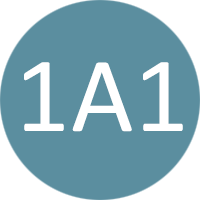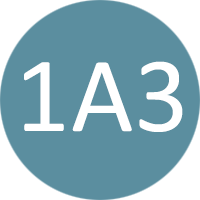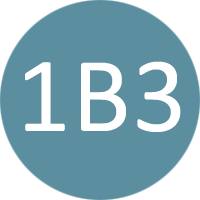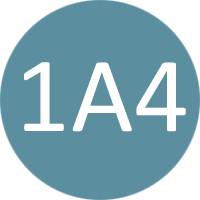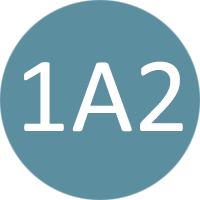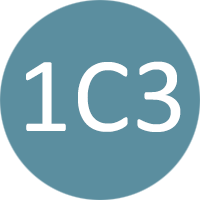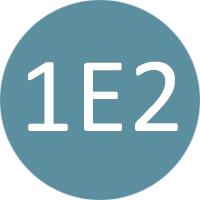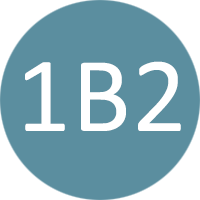Balancing a client’s desires with professional responsibilities can be a complex ethical dilemma for landscape architects.
Section 1
As this is an area where other disciplines are better placed to provide suitable information with regards to the wall’s structural stability, it is unlikely that a Landscape Architect would provide a solution directly to the client without the advice and/or approval of a structural engineer first.
You can build a positive working relationship with a client, which will not only lead to a successful project but also help establish a positive reputation and foster future business opportunities.
The Code of Conduct requires from all members to enter an appointment only through a written agreement. There is a high risk in verbal agreements and should always be avoided.
The Landscape Institute was granted Royal Charter status in July 1997. This means that not everyone can be called Chartered Landscape Architect, including unregistered practices.
Advice on the erection of acoustic fencing is not something that a Landscape Architect is capable of providing and should be avoided.
The contractor is still the only one liable for not performing under the conditions of his contract with the client….
The European Landscape Convention is the first international convention to focus specifically on landscape. It is dedicated exclusively to the protection, management and planning of all landscapes in Europe.
Landscape Architects are the professionals responsible for the concept and detailed design also producing a series of drawings and documents…
Every practice registered with the Landscape Institute needs to maintain CPD (Continuing Professional Development) sessions for its staff, as a…
The British Association of Landscape Industries, is established to promote, support and inspire all professional landscapers, garden designers and landscape…
The Landscape Institute is a professional organisation and educational charity that promotes the art and science of landscape practice.
The Royal Charter defines the principles upon which the profession is based on, whereas the Code of Practice sets the professional Rules.



